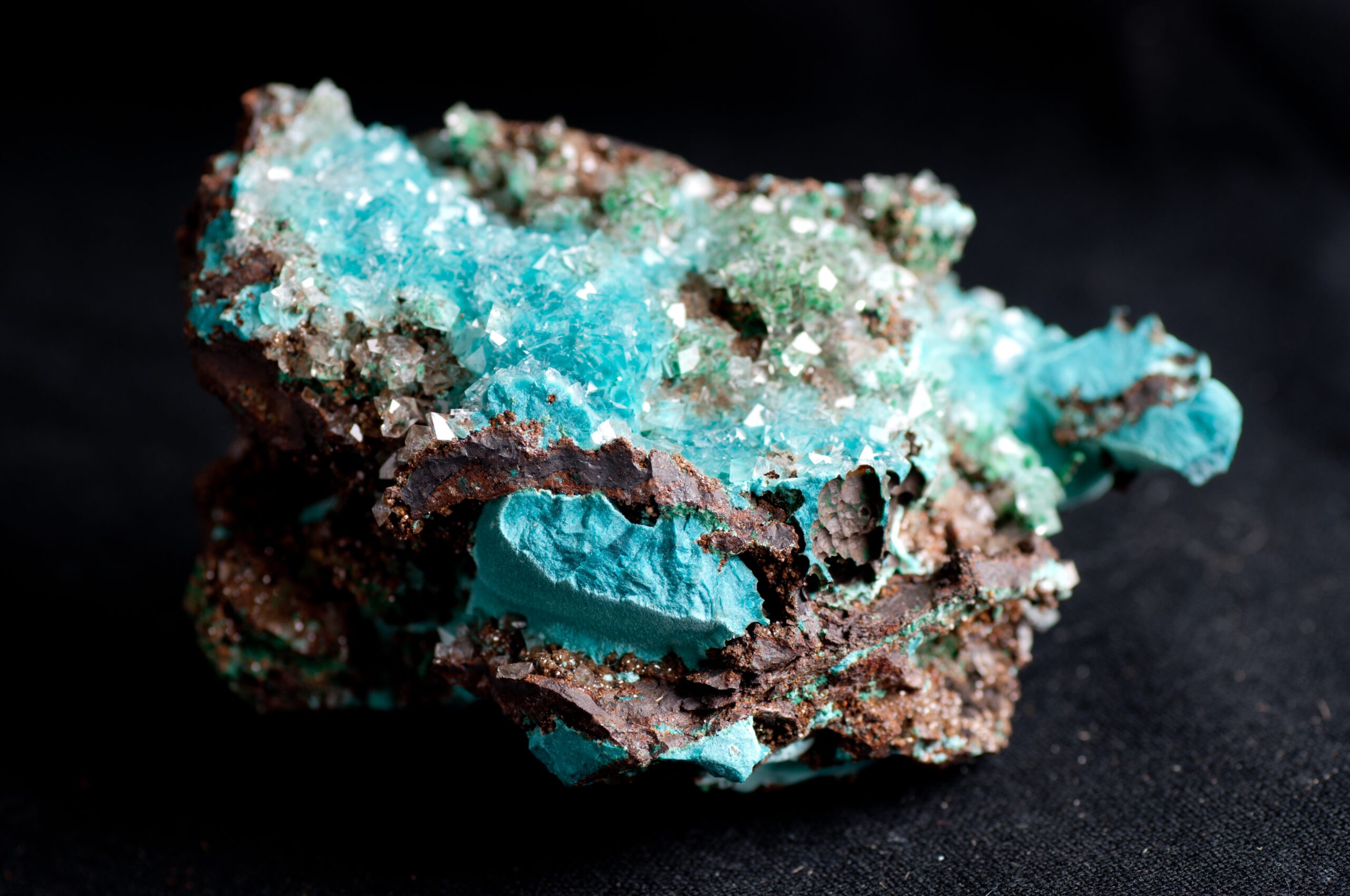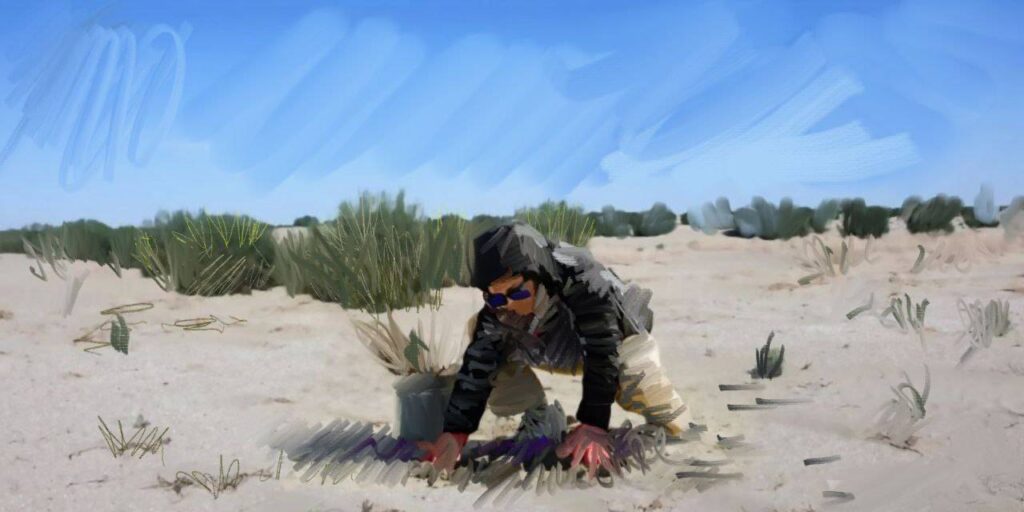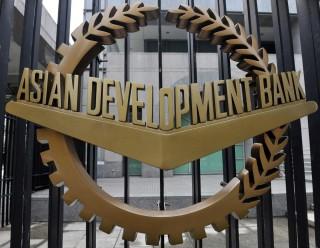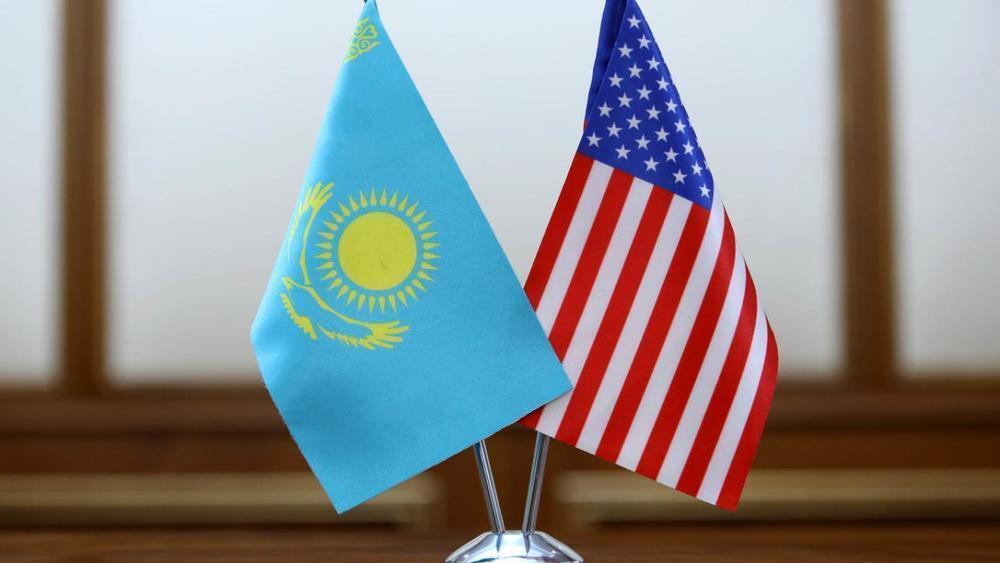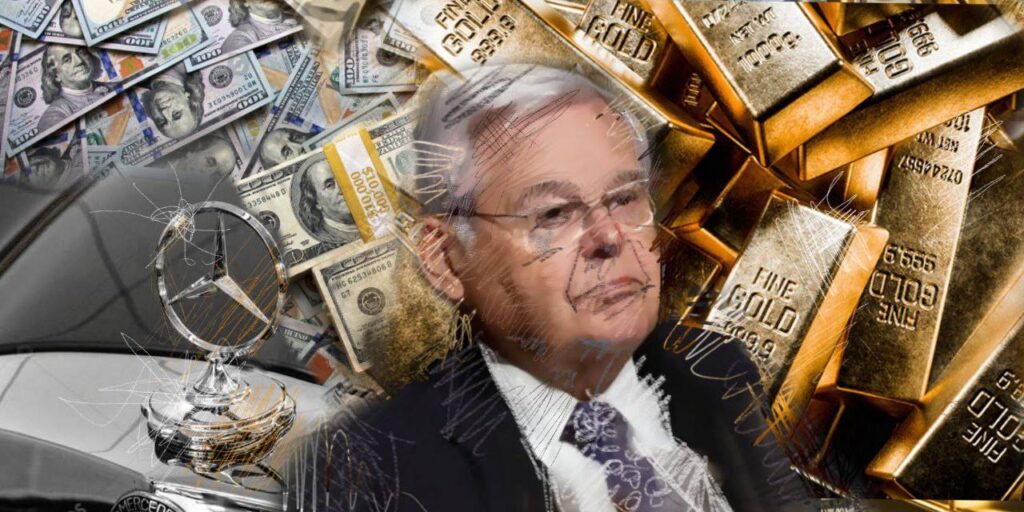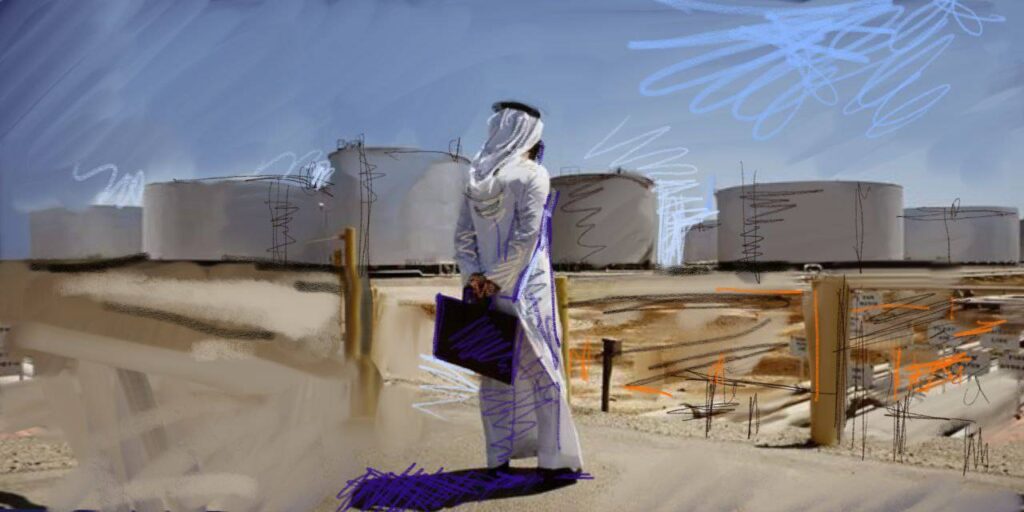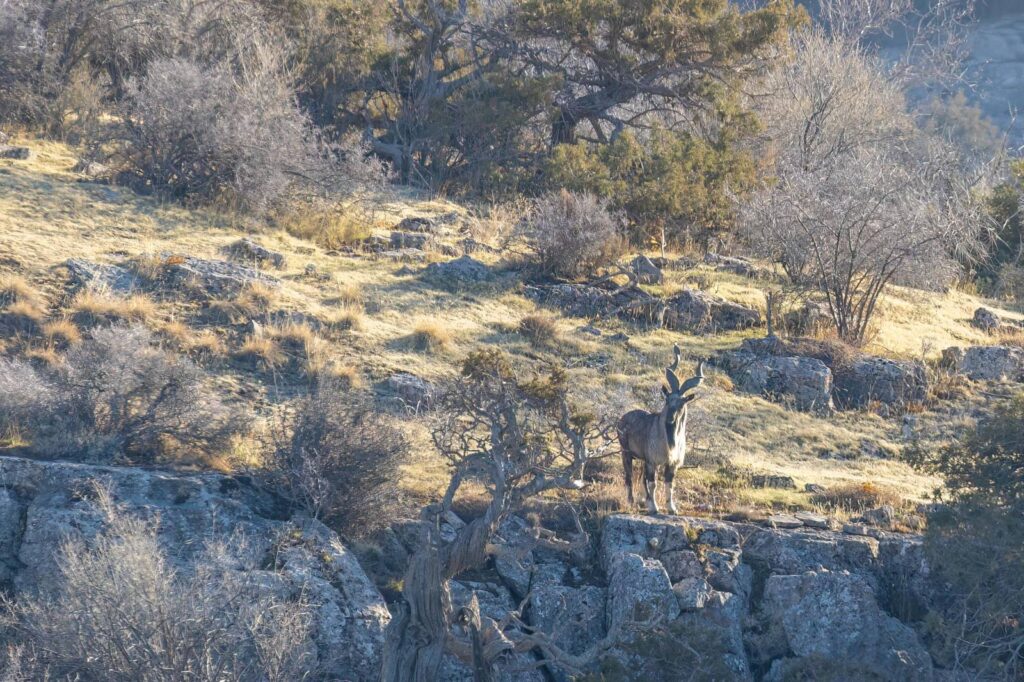Kazakhstan has become a major participant in the international race for the extraction of valuable rare-earth metals or rare-earth elements (REEs). According to an https://asiatimes.com/ interview with international development expert Javier Piedra, the republic can not only compete with China — but even overtake it in terms of production.
Mr. Piedra, a financial consultant and former representative of the U.S. Agency for International Development (USAID), reported that China currently controls 70% of the global production REEs. He also explained that because of China’s tense relations with the West, Kazakhstan was in an advantageous position to develop its domestic industry in the sector. In a report by the Asia Times, Piedra stated, “Kazakhstan could be on par with China in mining such rare earth elements as scandium, yttrium and 15 lanthanides, which are used in the production of computers, turbines and cars.”
European and American investors are actively seeking opportunities to develop the industry outside China, and the republic’s subsoil, rich in rare metals, can provide a highly valuable resource to industries such as technology and manufacturing. In addition to Western countries, India also stands to benefit from the extraction of Kazakhstan’s rare earth elements and according to the Indian business press,the republic could already cover India’s demand for REEs.
The REE potential of Kazakhstan has been known since 2010 but was largely ignored by foreign investors in preference to developing their businesses in China. Extraction of REEs is an expensive and financially risky business. Exploration for deposits is similarly costly and markedly time consuming. However, the strategic importance of rare metals is growing. As claimed by Piedra in the Asian Times, everything may well change; “Western governments should identify alternative suppliers, including Kazakhstan, to reduce possible risks for investors and the likelihood of supply disruptions.”
The U.S. and the European Union (EU) are now poised to invest heavily in large-scale mining projects and are exploring alternative supply channels. Today, all consumption of yttrium and scandium in the United States depends on imports — and the EU imports 98% of its rare metals from China. .
Last September, New York hosted a presidential summit at which representatives from Kazakhstan, Kyrgyzstan, Turkmenistan, Uzbekistan and the U.S. discussed the exploration and production of critical rare metals.
Mr. Piedra believes that Kazakhstan is ready to benefit from its reserves of REEs but mining would first need to be updated to meet current environmental requirements. Care would also be required when choosing potential investors. “Astana will be wary of diplomats, foreign consultants and miners with an outdated view of the world and unfounded geopolitical ambitions. Central Asian countries will discourage attempts to penetrate them ‘through the back door.’ Such tricks may have worked in the 90s, but not now,” warned Piedra via Asia Times.
Meanwhile, Kazakhstan’s authorities continue to explore opportunities to utilize rare-earth deposits. Last November in Astana, Kasym-Jomart Tokayev and Emmanuel Macron discussed the extraction of strategically important minerals, and last month an alternative dialogue was held between the presidents of Kazakhstan and the U.S.
